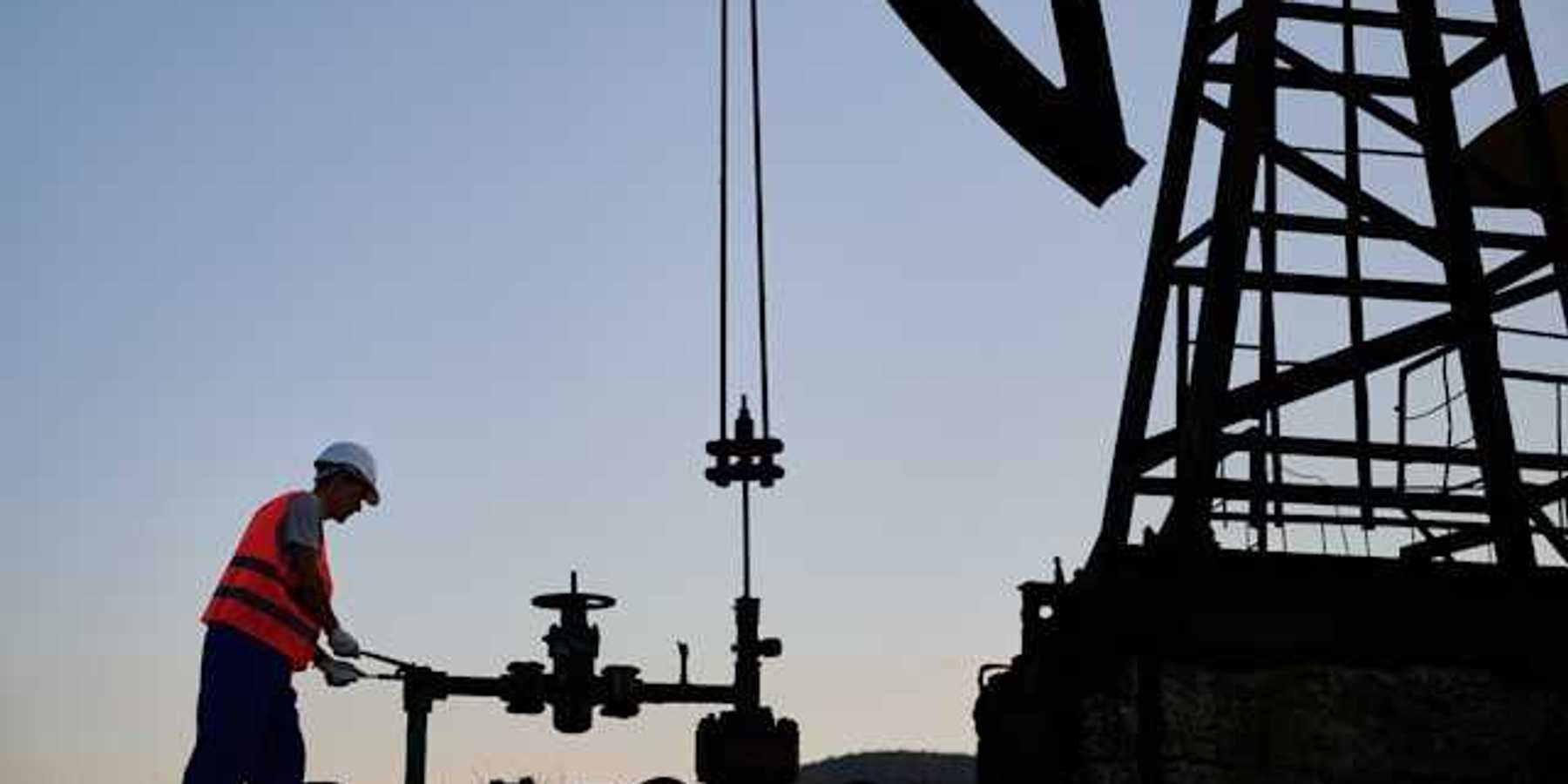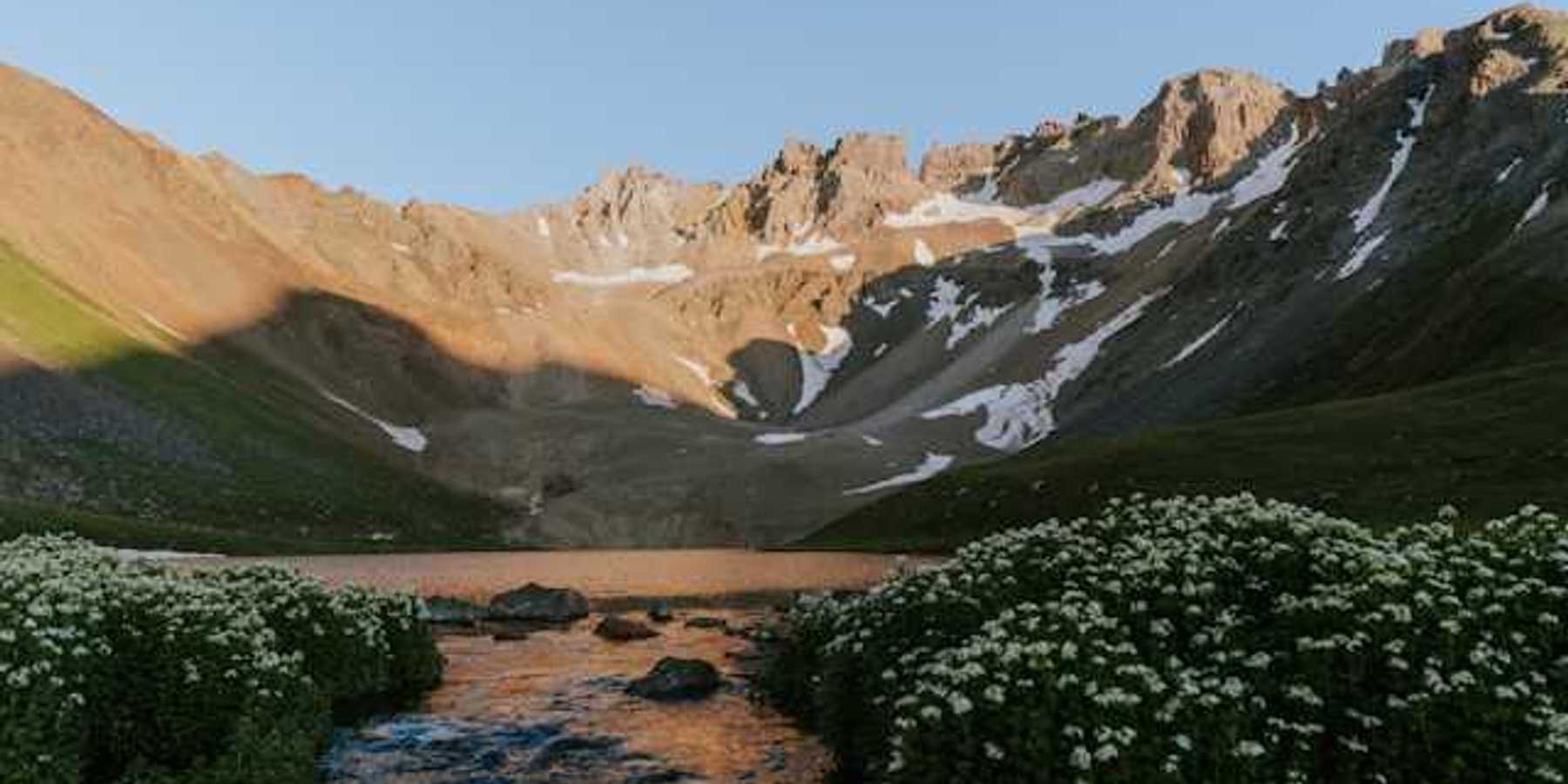14 January 2025
M. Nolan Gray: California's wildfire crisis exposes policy missteps
Wildfires across Los Angeles have left at least 10 dead and thousands homeless, fueled in part by long-standing policies that unintentionally increased risks in fire-prone areas.
M. Nolan Gray writes for The Atlantic.
In short:
- Proposition 103, passed in 1988, capped insurance premiums, encouraging development in wildfire-prone regions by masking financial risk.
- Zoning laws have made it difficult to build affordable housing in safer, urban areas, pushing development into high-risk suburban zones near wildlands.
- Efforts to build denser, fire-resistant housing in cities have been slowed by environmental reviews and local opposition.
Key quote:
"Artificially low premiums encouraged more Californians to live in the state’s most dangerous areas."
— M. Nolan Gray
Why this matters:
As wildfires intensify due to climate change, outdated policies have exacerbated the crisis by driving people into danger zones. Reforming insurance regulations and zoning laws could help reduce fire-related losses and build safer, more resilient communities.
Related: Extreme wildfires have doubled in the last 20 years













